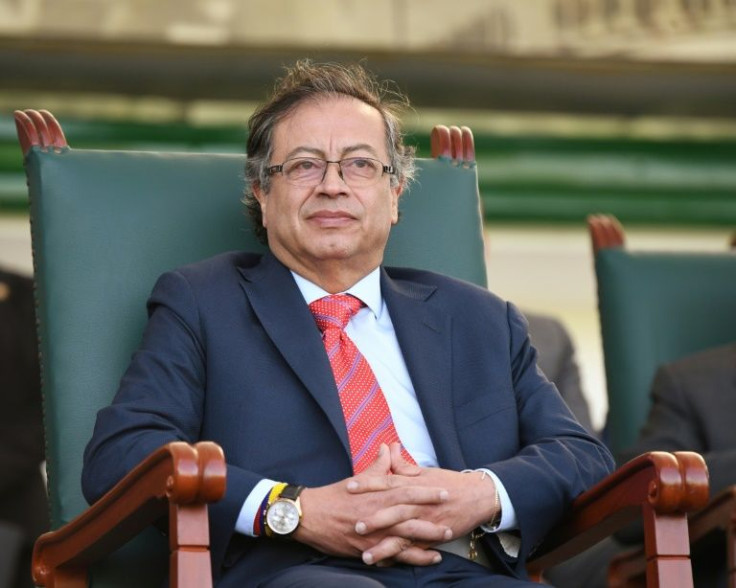
Colombian Foreign Minister Luis Gilberto Murillo said that the country won't send an oversight mission for the Venezuelan elections. The announcement follows the Maduro government's decision to withdraw an invitation to the European Union due to its "neocolonialist practices."
According to Infobae, the decision is a result of the country's lack of time to form a team to carry out the mission. "We intended to send technical overseers. However, we couldn't structure a team as a result of the demanded technical characteristics with the time remaining," the official said. He added that, however, a series of Colombian politicians will go to Venezuela during the electoral process.
Murillo went on to say that the Gustavo Petro administration intends to provide other kind of cooperation during the elections, set to take place on July 28. "We want to be very cautious. It's clear to not be protagonists and collaborate with what's within our reach and is requested by the government, authorities and the Venezuelan people."
The Maduro government withdrew the EU's invitation to oversee the elections claiming it would be "immoral" to allow so given its "neocolonialist and interventionist practices" with regards to the country.
"Due to the motives laid out, we ratify the sovereign decision to revoke the invitation extended to the EU," added Elvis Amoroso, the body's president.
The decision adds a new layer of uncertainty over the country's electoral process, as the long-entrenched government has long conveyed its reluctance to leave power. Top opposition members have also conceded that any transition would involve negotiations with the Maduro government, regardless of the potential electoral victory.
The country's opposition demanded the government reinstate the invitation, with the office of opposition presidential candidate Edmundo González Urrutia saying that the "arbitrary decision" only "adds to the evidence of Maduro's fear to qualified and credible election oversight."
The document, titled "Nicolás Maduro won't avoid a popular electoral oversight," added that the decision "is another failure from Maduro to comply with the Barbados Agreements," which sought to pave the way for freer and fairer elections in the Latin American country in exchange for sanctions relief.
The EU, in the meantime, lamented the decision and called the electoral body to reconsider its decision. "The Venezuelan people should be able to elect their president in credible transparent and competitive elections, backed by international oversights including the European Union, which has a long and distinguished record of independent and impartial oversight," said the bloc in a statement.
© 2025 Latin Times. All rights reserved. Do not reproduce without permission.





